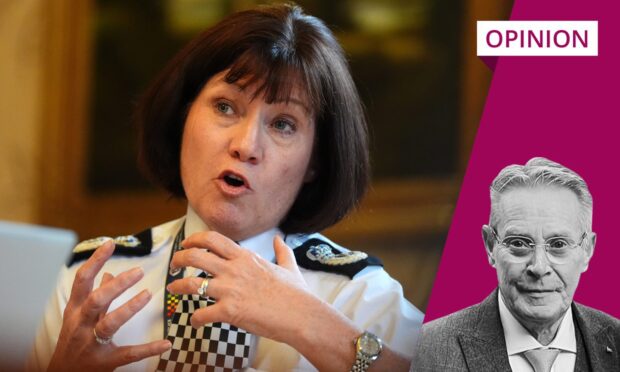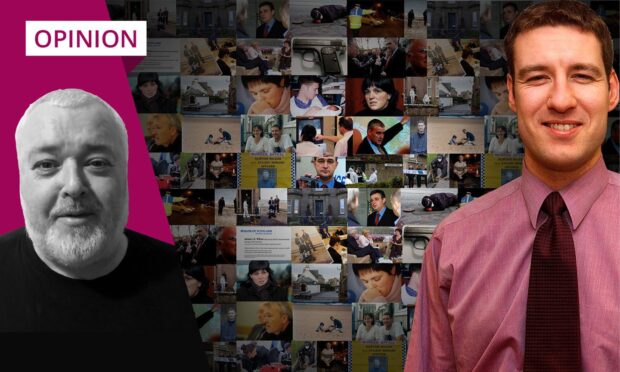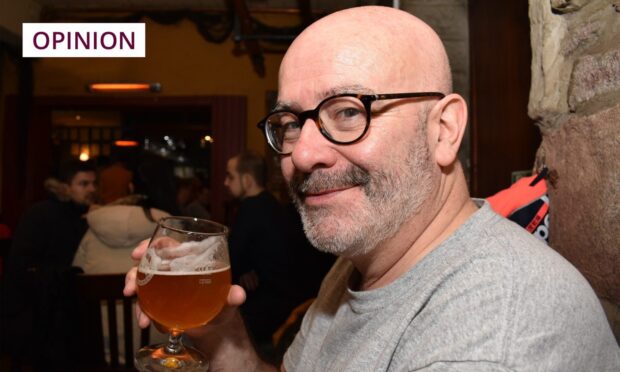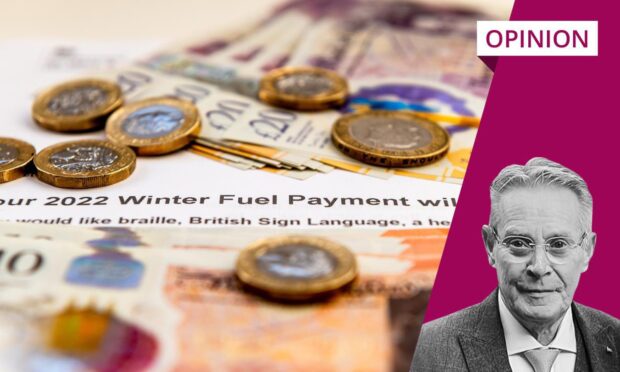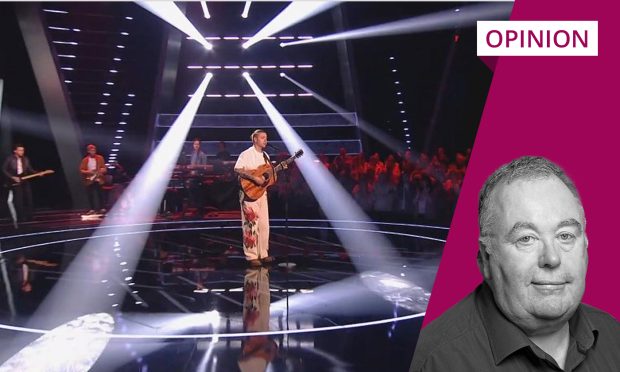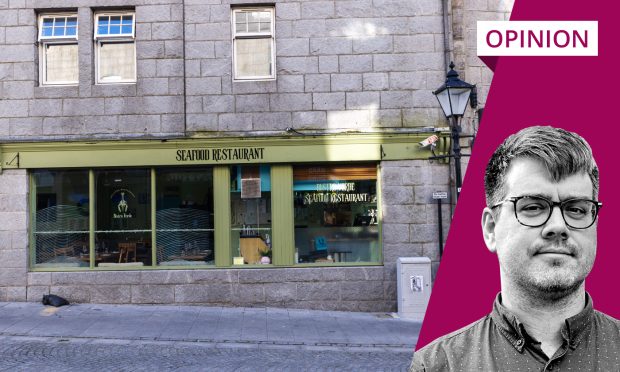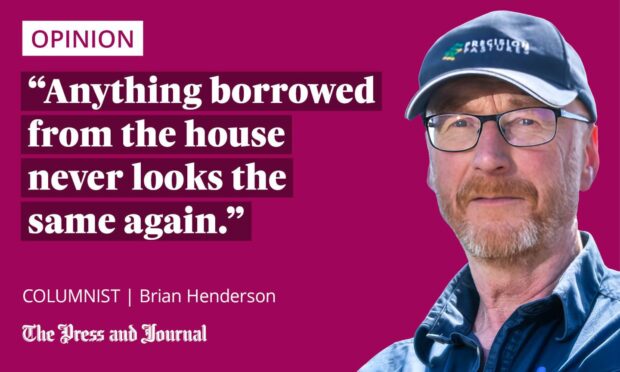Movember is here which means over the next few weeks you might start to notice a huge number of the city’s male population sporting moustaches.
The Movember Foundation aims to raise awareness for men’s health to try and prevent men dying young from prostate cancer, testicular cancer and suicide.
And, they do this by encouraging men all over the world to grow a moustache during November.
Did you know the biggest killer in young men is suicide?
To reduce the high rate of male suicide, it is vital that we develop appropriate services to support men. And, the only way to do this is by understanding how men exhibit and manage distress, and how it presents and manifests itself differently than for women.
We’re often led to believe the typical symptoms for depression include crying and being in a low mood. However, this is rarely the case for men. This means that some men might not even realise they are suffering from depression.
Masculine stereotypes
Men are encouraged to focus on their outer expression by appearing tough and strong, rather than being aware of what they are experiencing inside. So, when men are faced with difficulties such as anxiety and depression, it is often experienced in terms of more palatable emotions such as anger.
To keep up with this masculine stereotype, many men will feel as though they are capable of handling their emotions and do not want to rely on the support of others. As a result of this, some men are not getting the help they need which can make them feel alone and even more depressed, and in some severe cases, suicidal.
Coping strategies
Men also have different ways of coping to women when it comes to dealing with mental health issues. Men are more likely to push people away and self-medicate through drinking excessively, gambling, eating unhealthily, self-harming, developing sexual addictions, or even taking drugs.
Take control of your mental health
Give your mental health a boost by following these steps:
- Avoid alcohol and nicotine – these stimulant drugs can add to your body’s stress and impact on your mental health.
- Tackle stress through exercise or other physical activities such as gardening – these activities give us something to focus on and release pent-up stress, whilst exercise releases feel good hormones in the body.
- Talk to a counsellor – many counsellors are trained in dealing with male-specific issues, and you can request a male counsellor if that makes you more comfortable.
- If you are feeling depressed, stressed or anxious, tell someone. Talking to a partner or friend can lift a huge weight off your shoulders, and encourage you to focus on managing your mental health through visiting a counsellor and changing your daily lifestyle.
If you feel like you need to chat, please call the Samaritans on 116 123.

